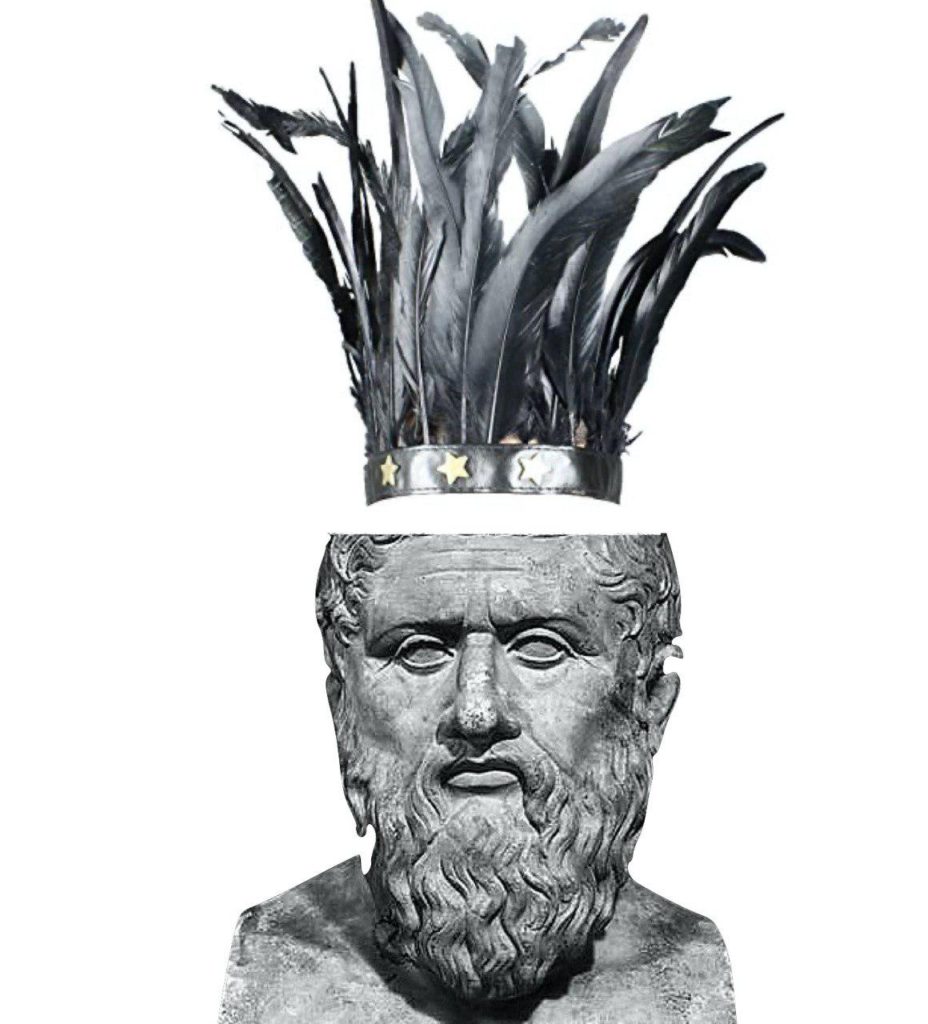Is writing so very useful?
A Tukano myth tells that
Yepa [Huake, the demiurge] said to Yupuri Bauro, the chief of the Tukano: “In this world, you will have several riches: ritual ceremonies, feathers, arrows, blowguns, benches… Your riches will remain in your homes, the homes of the Tukano – it is there that your riches are; and behold, they consist in just few things.” Next Yepa Huake told the German(*): “You will have many riches, and these will be: weapons, rifles, knives, axes, and notebooks. And you will not be able to know or remember anything out of memory, you will need to write them down to remember it instead. In turn, this one here, Yupuri Bauro, will need no paper to write on, and will not need to write either. He will easily remember everything that takes place in the world. And you, white man, you will never be able to steal Yupuri Bauro’s memory.
There are a number of legends similar to this one in Amazonia, and elsewhere. Therefore, we can take it as a sort of literary topos.
In Phaedro 274c–278b, Plato proposes a variant. Surely he knew of the Tukano myth. Maybe he was a Tukano himself. Maybe he was the author of the Tukano myth(**). For, as Borges once wrote, “every man is two men, and the real one is the other”. Plato discuses two interrelated assumptions: (a) that a writing system would help humans to remember by allowing them to store their memories, and (b) that this would increase their wisdom. Against these assumptions, Plato holds that their memory will rather become detached from all experience, and therefore cause them to forget what they will no longer be in position to verily remember. He adds that, unlike oral words, written words are incapable of responding to our questions and thus worthless, and subsequently opposes the terms anamnesis, the living “memory” that requires personal engaged reflection, and hypomnesis or mere “recollection” whose partisans, he writes, “will imagine that they have come to know much while for the most part they will know nothing. And they will be difficult to get along with, since they will merely appear to be wise instead of really being so.”
(*) The German epitomises here the white people – those incomprehensible Others who, as everyone knows, look like ghosts and can never be trusted, especially when they introduce themselves as missionaries or politicians.
(**) This, moreover, would help to explain why Aristotle never understood Plato: Aristotle was always too civilised, for example he never introduced girls playing flutes, wise women, or drunkard philosophers in his works – and let’s not forget that he served an emperor.

Image: Plato, of course, who else? 😉
